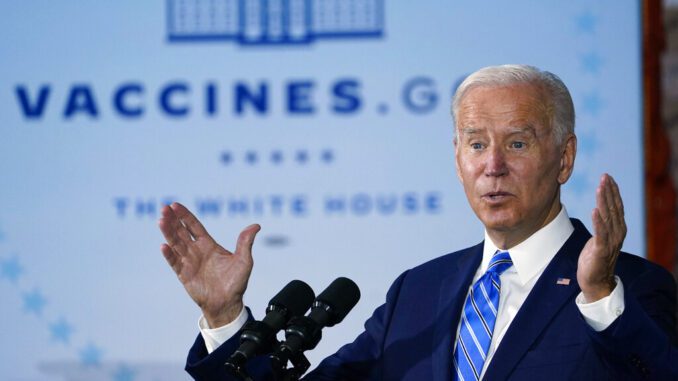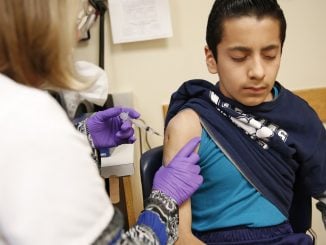
RALEIGH — On May 11, the national COVID-19 Emergency ended per legislation signed in April by Democratic President Joe Biden.
The North Carolina Department of Health and Human Services (NCDHHS) issued a press release that in part said the state will “continue to distribute the federally funded COVID-19 vaccines and tests for free to individuals who are uninsured while supplies last.”
Per NCDHHS, when the supply of “federally purchased” vaccines run out, the shots will be available like other routine vaccinations are and will be covered by Medicare, Medicaid, private insurance or out-of-pocket costs for the uninsured. For more information, the public can visit MySpot.nc.gov to learn more or contact a local health department.
“The past three years were a testament to the strength, innovation and resilience of North Carolinians as we worked to protect one another from COVID-19,” NCDHHS Secretary Kody H. Kinsley said in the statement. “COVID-19 is not the threat it used to be because of vaccines, testing and treatment, which remain important tools to reduce severe illness and hospitalization due to COVID-19.”
According to NCDHHS, more than 17 million COVID-19 vaccines were administered and 12.2 million at-home tests were given out in the state between early 2020 to April 2023.
The NCDHHS press release cited the importance of metrics for North Carolina’s response to COVID-19 but that “reported case numbers have become increasingly unreliable” due to the use of at-home testing which is not typically reported to public health officials.
“With the end of the U.S. public health emergency, doctors and labs will no longer be required to report COVID-19 cases to public health in North Carolina,” the NCDHHS release states, adding that North Carolina will “continue to track and share COVID-19 data from other sources.”
The sources NCDHHS will continue to track include Emergency Room visits for respiratory illnesses, hospital admission for both COVID and influenza, death certificate data, and wastewater testing samples.
In April, NCDHHS announced it would be altering its COVID-19 dashboard by dropping certain data reporting while incorporating other data sets into its tracking of respiratory illnesses.


